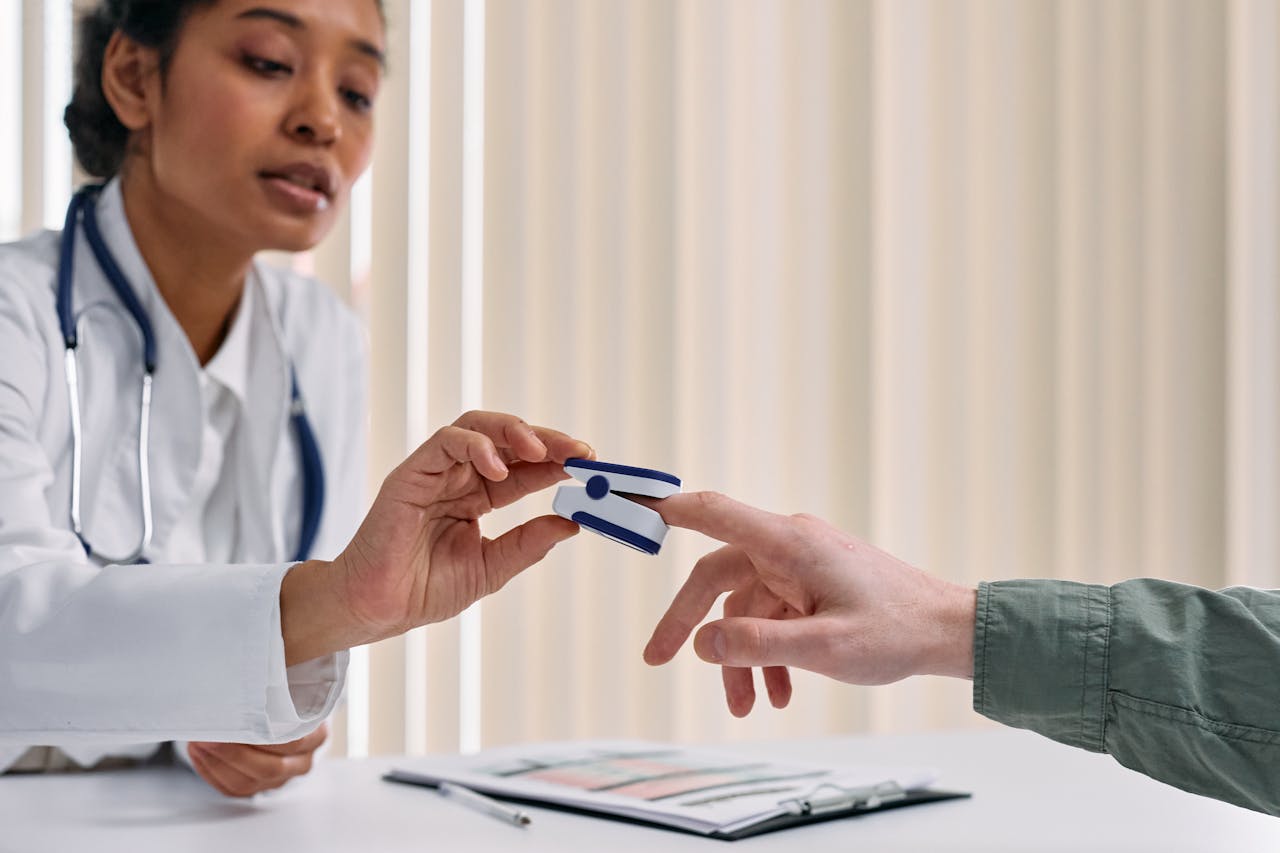Chronic Kidney Disease (CKD) is a progressive condition that affects millions of people worldwide. Stage 3 kidney disease marks the midpoint of CKD, where kidney function is moderately reduced but not yet severely impaired. At this stage, the kidneys function at 30-59% of their normal capacity, leading to potential complications like high blood pressure, anemia, and bone disease.
The good news? Stage 3 CKD can often be managed effectively with lifestyle changes, dietary adjustments, and medical interventions. In this guide, we’ll explore actionable steps to slow progression, improve kidney function, and enhance overall well-being.
Understanding Stage 3 Kidney Disease
Before diving into management strategies, it’s essential to understand what Stage 3 CKD entails:- Stage 3A: eGFR (estimated glomerular filtration rate) of 45-59
- Stage 3B: eGFR of 30-44
- Fatigue
- Swelling in hands/feet (edema)
- Changes in urination (foamy, dark, or frequent urine)
- High blood pressure
- Back pain (near kidneys)
Key Strategies to Improve Stage 3 Kidney Disease
1. Follow a Kidney-Friendly Diet
Diet plays a crucial role in managing CKD. Key dietary adjustments include:✓ Reduce Sodium (Salt) Intake
- Excess sodium raises blood pressure, worsening kidney strain.
- Goal: Less than 2,300 mg/day (ideally 1,500 mg for those with hypertension).
- Avoid: Processed foods, canned soups, fast food, and salty snacks.
✓ Moderate Protein Consumption
- Too much protein increases kidney workload.
- Opt for: High-quality protein sources like fish, eggs, and lean poultry in controlled portions.
- Limit: Red meat and processed meats.
✓ Manage Potassium & Phosphorus Levels
- Potassium (if levels are high): Limit bananas, oranges, potatoes, tomatoes.
- Phosphorus (to protect bones): Reduce dairy, nuts, and processed foods with phosphorus additives.
✓ Stay Hydrated (But Not Overhydrated)
- Drink enough water to avoid dehydration but avoid excessive fluid intake if advised by a doctor.
2. Control Blood Pressure & Blood Sugar
- Hypertension and diabetes are the leading causes of CKD progression.
- Target BP: Below 130/80 mmHg (as per kidney disease guidelines).
- Blood Sugar Control: Aim for an HbA1c under 7% if diabetic.
Medications That Help
- ACE Inhibitors (e.g., Lisinopril) or ARBs (e.g., Losartan): Protect kidneys by reducing protein leakage.
- SGLT2 Inhibitors (e.g., Empagliflozin): Newer diabetes drugs that also slow CKD progression.
3. Exercise & Maintain a Healthy Weight
- Regular physical activity improves circulation, blood pressure, and overall kidney health.
- Recommended: 30 minutes of moderate exercise (walking, swimming, cycling) most days.
- Weight Management: Obesity strains kidneys—losing even 5-10% of body weight can help.
4. Avoid Kidney-Damaging Substances
- NSAIDs (Ibuprofen, Naproxen): Can worsen kidney function—use acetaminophen instead if needed.
- Excessive Alcohol: Strains kidneys—limit to 1 drink/day for women, 2 for men.
- Smoking: Accelerates kidney damage—quitting improves outcomes.
5. Monitor Lab Work & Work Closely With Your Doctor
- Regular eGFR, creatinine, urine albumin tests track kidney function.
- Address complications early (anemia, bone disease, electrolyte imbalances).
6. Consider Natural Kidney Support (With Caution)
Some supplements and herbs may support kidney health, but always consult a doctor first:- Omega-3 Fatty Acids: Reduce inflammation.
- Astragalus: Traditional herb with potential kidney-protective effects.
- B Vitamins (if deficient): Help with energy and metabolism.
Can Stage 3 Kidney Disease Be Reversed?
While kidney damage is usually permanent, progression can be slowed or stopped with proper care. Some patients stabilize in Stage 3 for years or even decades.Final Thoughts
Managing Stage 3 kidney disease requires a proactive approach—diet, medication, exercise, and regular monitoring are key. By taking control early, you can preserve kidney function, delay dialysis, and maintain a good quality of life. Work closely with your nephrologist and dietitian to create a personalized plan. Small changes today can lead to significant long-term benefits for your kidneys!Have You Managed Stage 3 CKD Successfully?
Share your tips and experiences in the comments below! If you found this guide helpful, consider sharing it with others facing similar challenges. Disclaimer: This post is for informational purposes only and not medical advice. Always consult your healthcare provider before making changes to your treatment plan.Are you tired of living under the shadow of kidney disease? Are you yearning for a life free from the shackles of dialysis, kidney failure, and the looming threat of kidney transplants? If so, you're in the right place at the right time. Imagine waking up every morning with boundless energy, feeling rejuvenated and ready to take on the day. Envision a life where your kidneys are functioning optimally, and you no longer dread the burdensome routines of dialysis sessions. The Kidney Disease Solution Program is here to turn that vision into reality for you.


